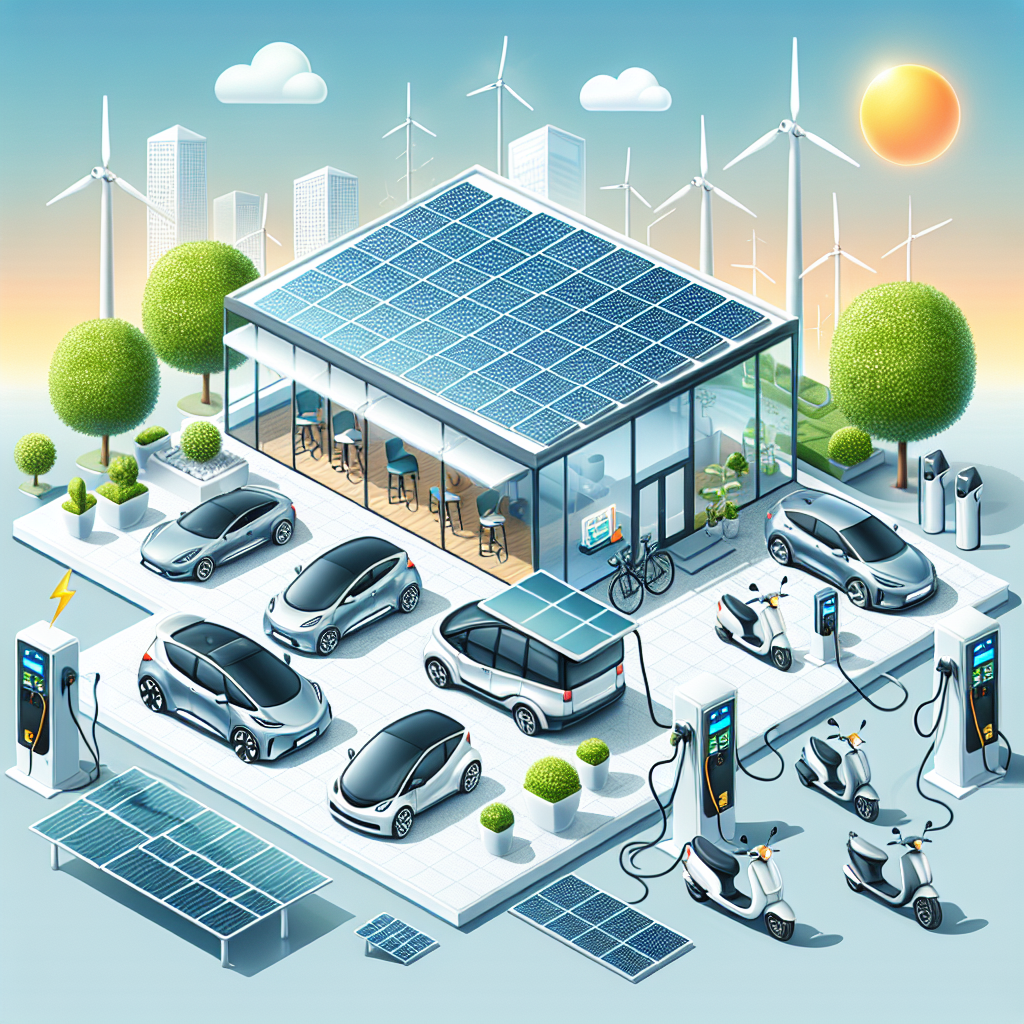Vietnam's ambitious transition to electric vehicles (EVs) and a decarbonized transport sector requires coordinated policy action and investment across five critical areas: boosting EV supply and production, incentivizing consumer adoption, developing charging infrastructure, enhancing the power sector’s capacity, and training a skilled EV workforce, according to a new World Bank report released today.
The report, “Vietnam: Recommendations to the National Roadmap and Action Plan for the Electric Mobility Transition,” highlights the country's goals of achieving 100% green-powered buses and taxis in urban areas by 2030 and extending this to all road vehicles by 2050. If successful, this transition could cut greenhouse gas emissions by 5.3 million tons of CO2e by 2030 (8% of Vietnam’s reduction targets) and 226 million tons by 2050 (60% of the target).
Multi-Sector Collaboration Essential
“Decarbonizing transport with electric vehicles is a complex undertaking, and Vietnam's commitment is a crucial first step,” said Mariam J. Sherman, World Bank Country Director for Vietnam, Cambodia, and Lao PDR. She emphasized the need for collaboration among government bodies, private investors, and citizens to reshape the transportation market and energy consumption. Key Focus Areas for Vietnam's EV Strategy:
Two-Wheelers as a Catalyst: With two-wheelers dominating private mobility in Vietnam, their electrification is pivotal. The report suggests increasing the share of electric two-wheelers from 12% to 75% by 2035 through targeted interventions such as consumer financing, safety standards, and incentives for retiring gasoline-powered two-wheelers.
Scaling Electric Cars Post-2035:Passenger cars are expected to gain prominence after 2035, with projections indicating that EVs could comprise 93% of car sales between 2036 and 2050 if adequate charging networks and supportive policies are in place.
Electrifying Public and Commercial Vehicles:Despite comprising only 2% of registered vehicles, buses and trucks contribute 65% of emissions. Transitioning to electric buses and small trucks is critical, alongside strategies to shift freight demand to rail and waterways for larger commercial vehicles.
Preparing the Power Sector:While the power sector is unlikely to face significant strain from EV charging before 2030, demand will surge in subsequent years. Meeting EV charging needs will require increasing electricity generation by 5% and network capacity by 4% by 2035. By 2050, these figures will rise to 30% and 15%, respectively. Investments of $9 billion by 2030 and $14 billion annually from 2031–2050 are projected for supporting EV growth.
Workforce Development:Developing a skilled EV workforce is essential for ensuring the successful manufacturing, operation, and maintenance of electric vehicles.
Challenges and Opportunities
Transitioning to electric mobility involves overcoming significant challenges, such as low ridership for electric buses, the financial burden on the power sector, and developing affordable EV options. However, the transition also presents opportunities to modernize infrastructure, reduce air pollution, and position Vietnam as a leader in green energy.
Global Collaboration and Support
Prepared with financial assistance from the Australian Government through the Australia–World Bank Strategic Partnership (ABP2), the report underscores Vietnam’s role in global decarbonization efforts. Lessons from this transition could serve as a model for other developing nations looking to adopt green transportation systems.
As Vietnam accelerates its e-mobility journey, the World Bank calls for sustained commitment and investment to meet its ambitious climate targets, ensuring a greener and more sustainable future for its citizens.











